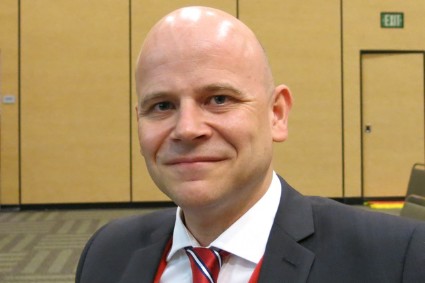Increased lipase levels were seen in 12% on the 3-mg dose, 10% on the 1.8-mg dose, and 7% on placebo, she said. The drug groups showed roughly a 10-unit increase in lipase that occurred early and was maintained during the duration of the study.
"Obviously, there are still some concerns around pancreatitis with GLP1 drugs as a class, but certainly in this study there were no cases of pancreatitis," Dr. Davies said. Only eight patients developed gallstones in the current study, too few to compare rates between groups, she added.
Liraglutide, in formulations of 1.2 mg and 1.8 mg for daily injections, was approved in 2010 for the treatment of type 2 diabetes and is marketed in those doses as Victoza.
Dr. Davies reported having financial associations with Novo Nordisk, which manufactures liraglutide, and with eight other pharmaceutical companies.
sboschert@frontlinemedcom.com
On Twitter @sherryboschert



